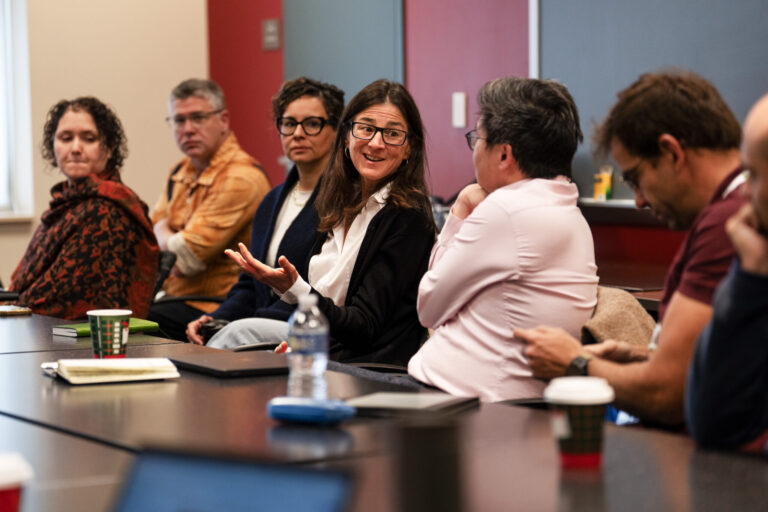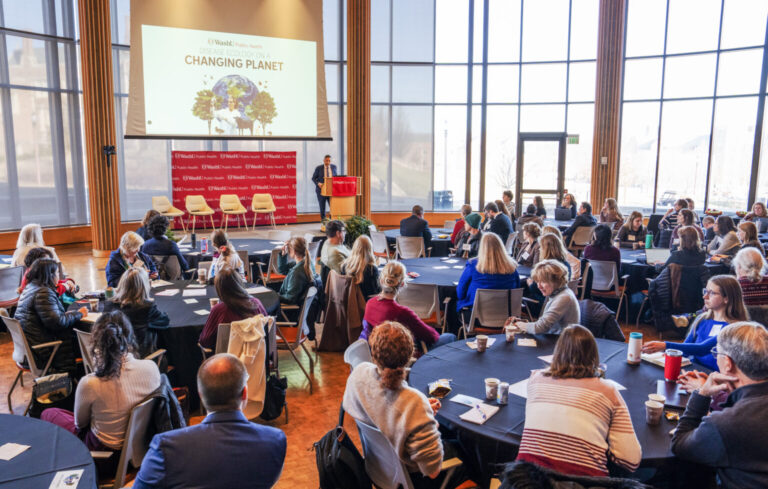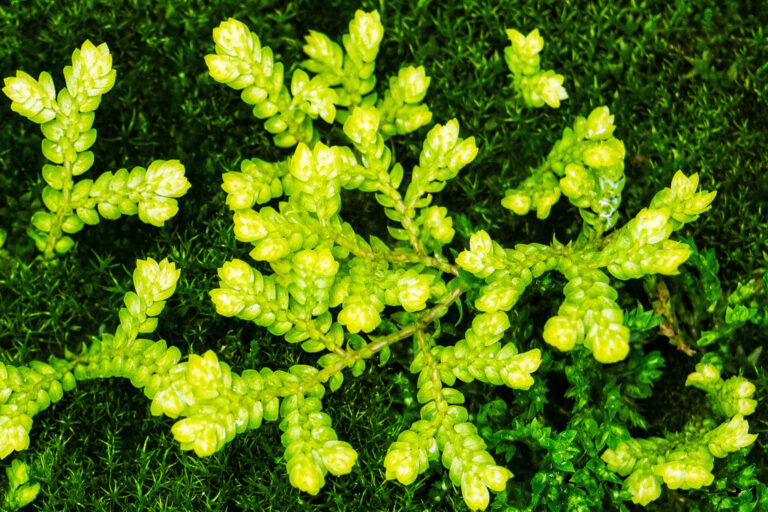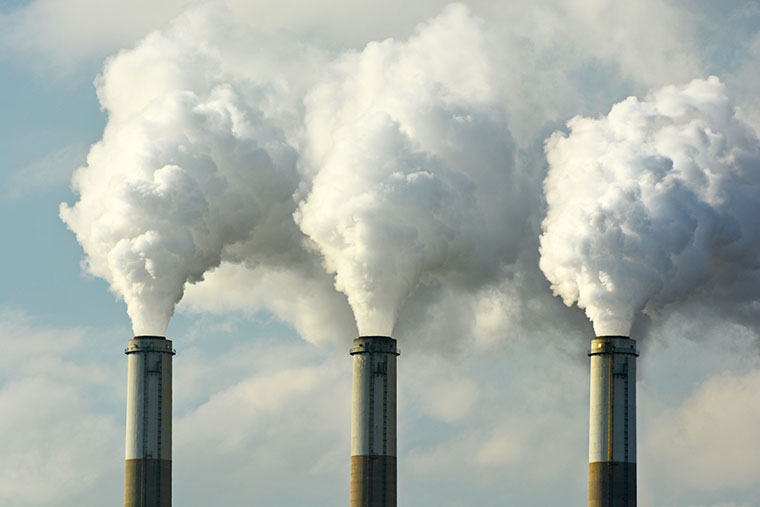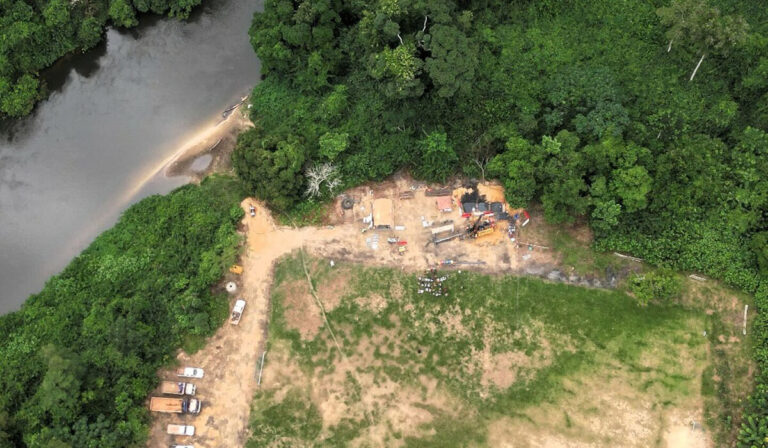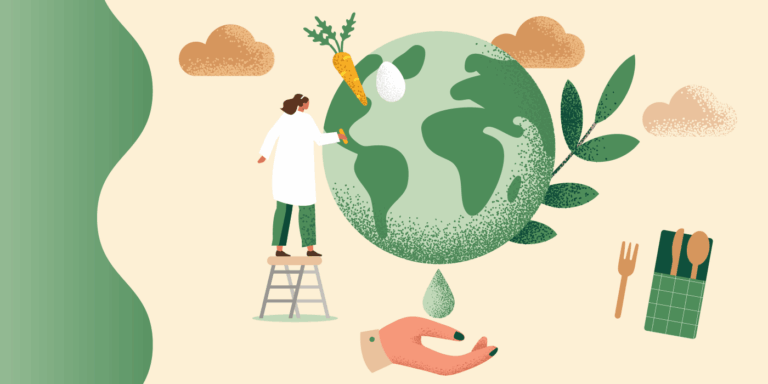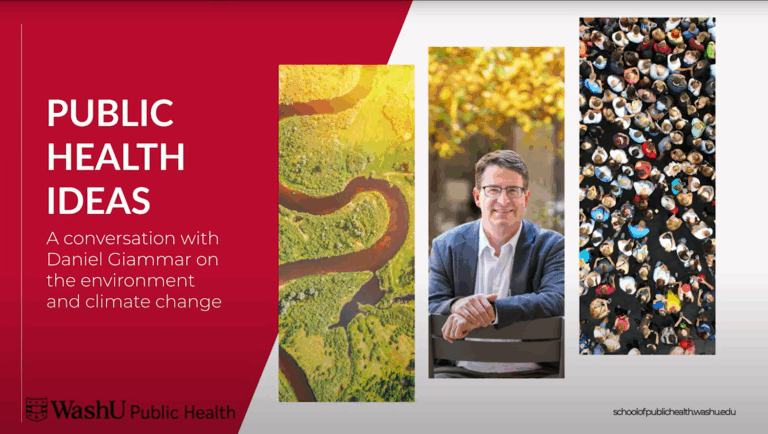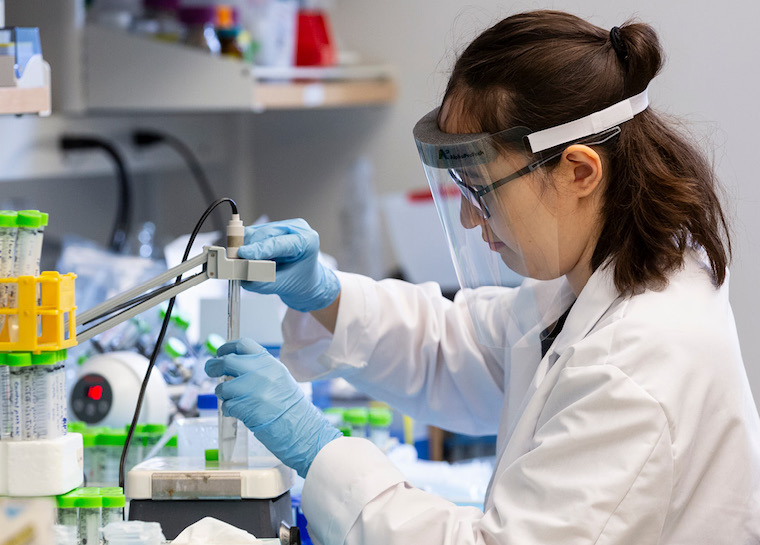WashU’s FARM hosts visit by international food and ag experts
Visit part of effort to strengthen collaboration among Latin America, US, UK
SPHERE convening addresses how environmental change shapes disease risk
The first annual convening of WashU Public Health’s Solutions through Planetary Health Research (SPHERE) network explored how infectious disease risk is changing as the environment changes, and why coordinated, multisectoral collaborations are essential to respond effectively.
WashU to support UN’s ‘Life on Land’ sustainable development goal
Washington University in St. Louis has been appointed to a United Nations (U.N.) group dedicated to protecting life on land.
WashU Public Health launches research network to solve urgent health, environmental challenges
The School of Public Health at Washington University in St. Louis has launched a new research network — Solutions through Planetary Health Research (SPHERE) — to integrate public health and environmental research with the goal to improve the interconnected health of people and the planet.
WashU students challenge Missouri air pollution findings
Two students from Washington University in St. Louis’ Interdisciplinary Environmental Clinic (IEC) recently took aim at the state’s arguments about who bears responsibility for harmful air pollution in the St. Louis region.
Drilling deep to study the oxygenation of Earth
SHARE
Some 2.3 to 2.4 billion years ago, Earth underwent a monumental transformation that forever altered the planet’s course. Cyanobacteria evolved a new kind of photosynthesis that unleashed tremendous amounts of oxygen into the oceans and atmosphere, setting the stage for life as we know it.
For healthier people and a healthier planet
Working in partnership with communities, WashU launches a new initiative to improve nutrition and health locally, nationally and globally.
The heaviness of water
As the western U.S. faces decreasing water supplies, WashU alumni are helping negotiate how this precious resource will be managed and shared in years to come.
Public Health Ideas with Dan Giammar
Dean Sandro Galea and Professor Dan Giammar discuss climate change and the impact of environmental regulations on the health of populations.
Environmental futures
SHARE
Across all Washington University in St. Louis campuses, scores of researchers share a drive to understand the natural forces that shape our climate, health, culture and physical world.
